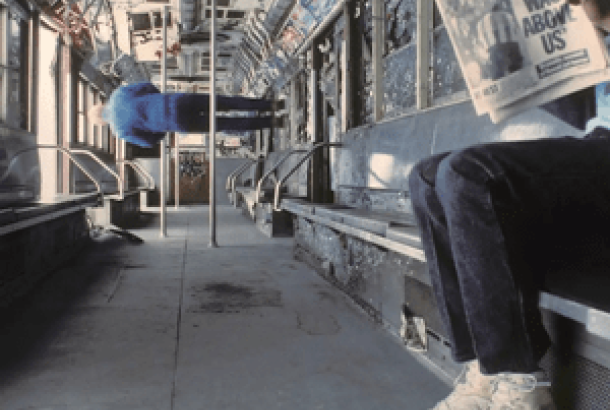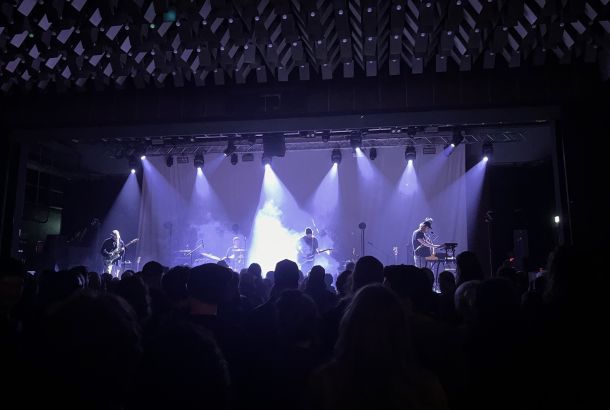By George Wilson
MUMS Chamber Music Festival 2012:
“Semele”, An Opera in 3 Acts, by Georg Friedrich Händel.
Director: Tim Langston
Conductor: Jamie Philips
Score 4/5
If the combination of the words ‘Baroque,’ ‘Opera’, and ‘Handel’ fills your mind with images of a po-faced, obese, be-wigged 18th Century man in tights, pompously bellowing over the frantic scurrying of violins and the tinkle of a harpsichord, then the Music Society’s (MUMS) first opera production, a performance of Handel’s Semele on Friday 3rd February, would certainly have made you re-evaluate your preconceptions. Yes, there was an aria based almost exclusively on the words ‘Hymen, Haste!’ but that is what makes this sort of music such a fantastic experience: It is at times wondrously dated, whilst simultaneously being capable of profoundly moving it’s audience.
Semele is, for us mere mortals at least, extremely old indeed (269 years, to be exact) and we are a very long way away from the peculiar world of powdered wigs and nonsensical etiquette that was 18th Century London. Yet, over two and a half centuries later, it still leaves an audience spellbound.
To put it bluntly: There’s a reason people still perform it.
Set in the world of Roman mythology, Semele recounts the story of the mortal ‘Semele’, who, in love with the immortal god of thunder Jupiter, is tricked by Jupiter’s jealous wife, Juno (who, as is the way with these things, also happens to be his sister) and (Spoiler alert) ends up somewhat dead, engulfed in flames.
The MUMS production was a sparkling semi-staged Semele of innuendo, playfulness and humour. Most striking of all was the age of the people involved: everyone, the cast, orchestra, production team – the lot – were under the age of 23.
Charlie Trepess sang the eponymous lead role superbly, negotiating her way around the unbelievably florid solo arias with great control. Tom Kelly, as Jupiter, sang beautifully throughout, with his use of ornamentation at cadences being the most controlled of the night. Harriet Eaves’ Juno was strong and the tone and power of her voice was particularly impressive, with her singing in the duet with Somnus “Obey my will” being a highlight.
The real star of the show, however, was the orchestra: compact and sharp, with a fantastic continuo section, it was brilliant throughout. Jamie Philips conducted from the harpsichord with aplomb and employed sensible tempos for most of the opera.
Make no mistake; performing this music well is very, very hard. The fact that Tim Langston’s production managed to do so well is a testament to the University’s music dept and, more importantly, proof that music like this has survived for a reason.







